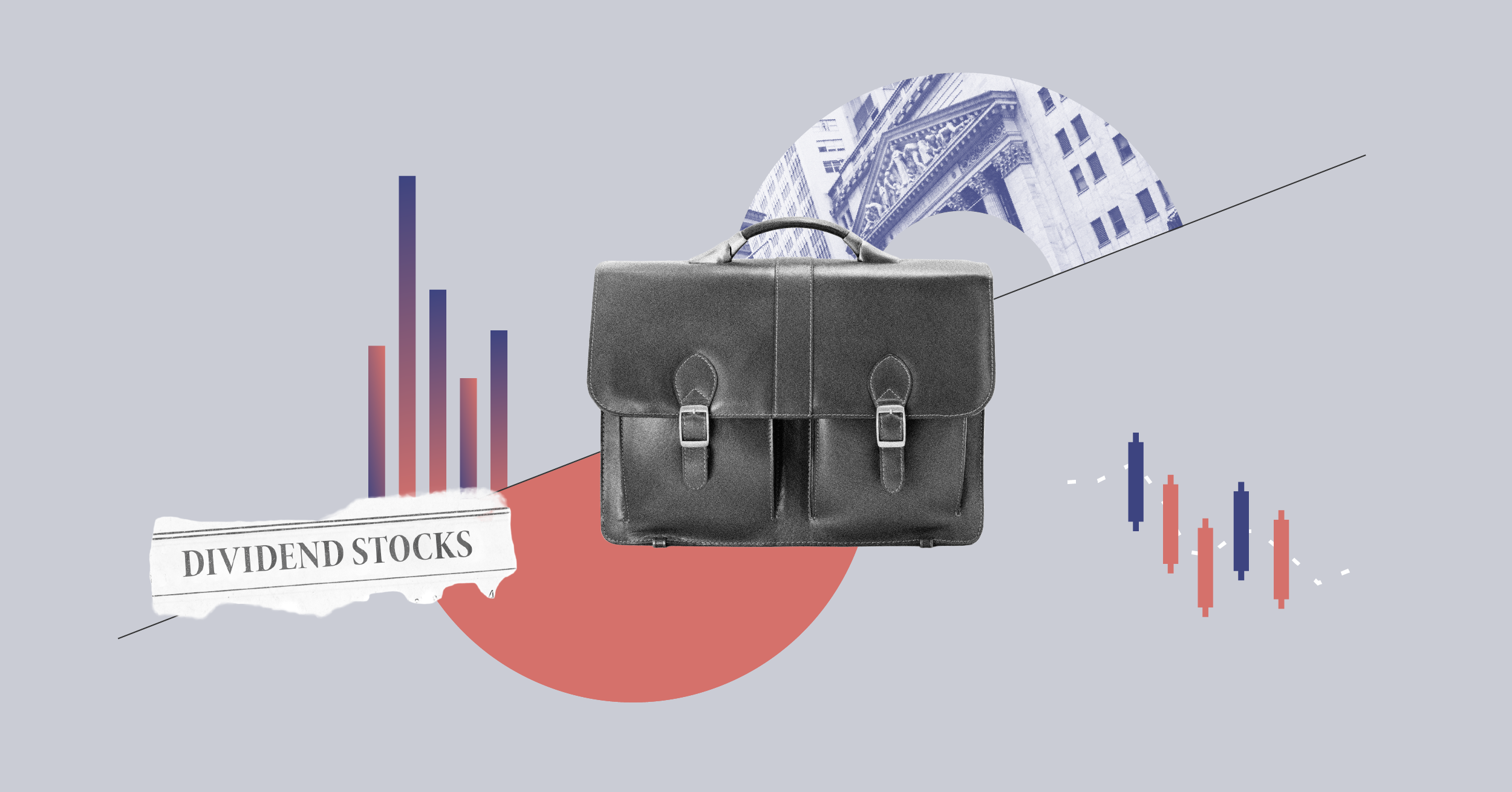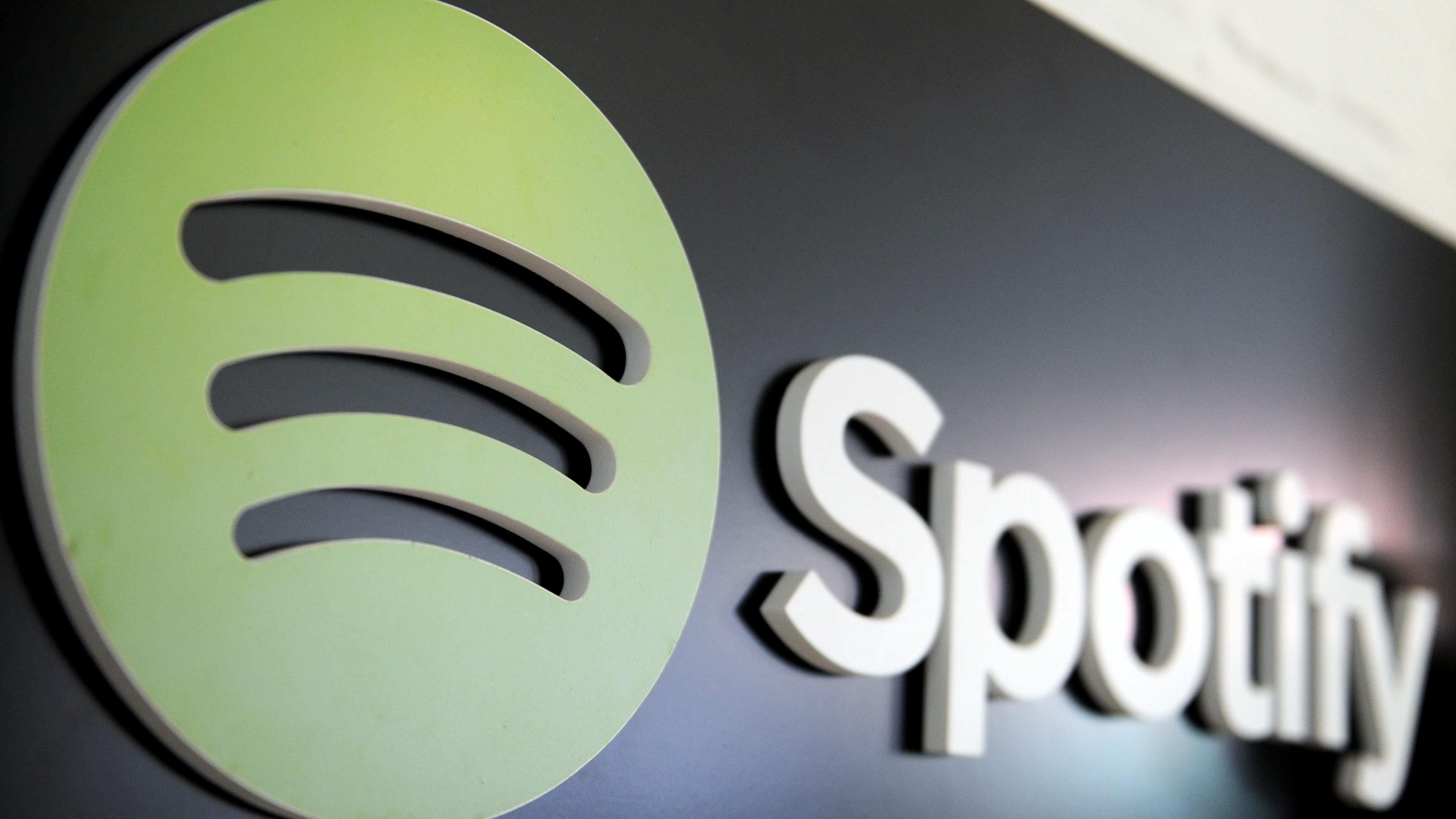
The European luxury goods industry continues to face a range of challenges that are weighing on share prices.
Demand from Chinese consumers remains weak and Trump’s tariffs have unnerved investors in certain European sectors most exposed to trade restrictions. Persistent inflation has also priced out many aspirational luxury consumers.
While Europe awaits potential tariffs on specific sectors beyond cars, Morningstar luxury stocks analyst Jelena Sokolova is not convinced that Europe’s luxury brands will be massively hurt if tariffs are imposed.
“The luxury consumer is extremely mobile. So, if the US consumer remains confident and strong they will just travel more to Europe and spend more there. And generally, luxury has decent pricing power. These companies often manage to pass the increased tariffs to consumers.”
Despite the obvious challenges, there are potential turnaround stories among listed luxury stocks.
Gucci Exposed to Chinese Consumers
Jelena Sokolova, equity analyst at Morningstar, views Kering KER as a deeply undervalued stock and it has a 5-star rating.
Year to date, Kering’s share price has fallen 17%, trading at EUR 195.18, below its fair value estimate of EUR 448.
“The popularity [of Gucci] in 2021 started to plateau and then decline. They changed the designer who tried to move to a more discreet quiet luxury style. But that didn’t resonate with consumers who felt like it was doing the same thing as Prada and Miu Miu,” Sokolova says.
Kering recently appointed Demna Gvasalia, the previous creative director of Balenciaga, to take the helm at struggling Gucci. He will start in July following the departure of Sabato De Sarno.
Kering’s owners are keen to revitalize Gucci after the brand experienced a decline in sales between 2023 and 2024.
Nick Clay, portfolio manager of the TM Redwheel Global Equity Income fund, holds Kering at 1.93% of the portfolio. He argues that Gucci has been particularly hit hard because it is one of the luxury brands with the largest exposure to the Chinese consumer.
He also feels disappointed by De Sarno’s exit from Gucci because it further delays the brand’s recovery.
“When you go through the process of getting a new creative you get a hiatus in sales whilst the new collection is waiting to hit the stores and runways. It’s not something that we think undermines the ability of the brand to ultimately be turned around. But we are going to have to be patient,” Clay says.
Burberry Focusing on Its Key Markets
UK-listed Burberry BRBY is also considered undervalued by Morningstar with a 4-star rating.
For Morningstar’s Sokolova, Burberry tried to make itself a leather goods player and found it could not compete with rival fashion houses which had more credibility in those areas.
“Burberry are now trying to focus on areas where the brand is strongest. That is outerwear and accessories like scarves. Their marketing campaigns also had very high engagement. So, the brand has been trending stronger,” Sokolova says.
Anna Farmbrough, co-portfolio manager of the Ninety-One UK Alpha fund, holds Burberry at 2.12%. She believes that by retreating into the categories where they are strongest, they have shown the brand still has pricing power.
“Ultimately what the market needs to see is that they do have pricing power. The more they evidence that in those categories then the market will get back on board.”
Last year Burberry was kicked out of the FTSE 100 index because its market capitalization dropped drastically.
However, last Christmas Burberry saw a rise in sales, beating analyst expectations. Still, year to date, Burberry’s share price has fallen 19p and is trading at 792p, below its fair value estimate of £13.30.
L’Oreal Pivoted to Emerging Markets
L’Oreal OR is also undervalued, according to Dan Su, equity analyst at Morningstar.
Year to date, the French beauty brand has returned 1.26% and is trading at EUR 342.35.
Although L’Oreal is trading below its fair value estimate of EUR 410, Morningstar’s Su sees the discount as being smaller in comparison with L’Oreal’s peers.
“Investors in general view L’Oreal’s execution as being very solid. Its geographical exposure across the developed and emerging markets are more balanced,” she says.
However, the Garnier-owner’s Q3 sales for 2024 were disappointing, growing only 3.4% to EUR 10.28 billion, below analyst expectations of 6% growth. Sales from China also plunged 6.5% over that same period.
Roseanna Ivory, co-portfolio manager of the abrdn Europe ex UK equity fund, points out the company is successful at growing its top line despite weakness in the Chinese economy.
“L’Oreal think they can grow to high single digits in Latin America. They talk a lot about huge opportunities in markets like India which are very under penetrated for beauty products, particularly higher end premium products.”
“In those markets people are still using basic items and so there is a huge opportunity to sell up to a very interested and dynamic consumer.”
Puig Can Rely on Brand Power
Spanish-fragrance provider, Puig, is a 4-star stock. The owner of brands like Jean Paul Gaultier was a high-profile European IPO in 2024, yet since then its share price performance has disappointed, falling 33.90% to trade at EUR 16.20.
Yet, Morningstar’s Su believes the stock is significantly undervalued, and points to its solid performance in 2024, with net revenue growth jumping 10.9% to EUR 4.7 billion.
However, she is concerned about the impact of management choosing to moderate its premium fragrance category which generates over 70% of sales for the business.
“Since the pandemic demand for high end luxury fragrances has been strong. The company has a high dependence in this area and so any moderating could be a headwind,” she says.
Puig is attempting to expand its reach into makeup and skin care.
The business has recently renewed its partnership with Charlotte Tilbury which will allow Puig to assume full ownership of the British makeup company until the beginning of 2031.
Morningstar’s Su questions whether Puig will be able to ramp up investment in the growth of makeup and beauty to make up for any losses it could incur from a move away from luxury fragrances.
For Jordi Sebastiá Tomàs, portfolio manager of the Solventis Aura Iberian Equity fund, Puig will continue to see positive sales growth this year.
“Even in a weaker consumer environment, Puig is backed by the strength of its brands, its geographic diversification and the positioning of its Prestige segment.”
However, he does believe that Puig could be caught up in Trump’s tariff wars as 36% of its sales come from the Americas, with a significant proportion in the US.
But the elevated pricing power of its products and geographic diversification mean that tariffs would be a manageable risk for the company, he adds.
The author or authors do not own shares in any securities mentioned in this article. Find out about Morningstar's editorial policies.





















